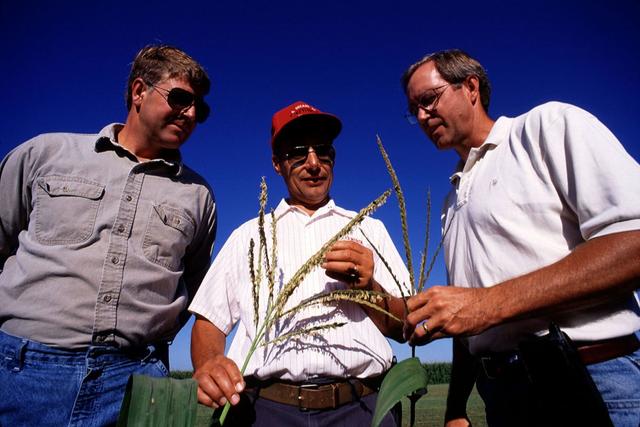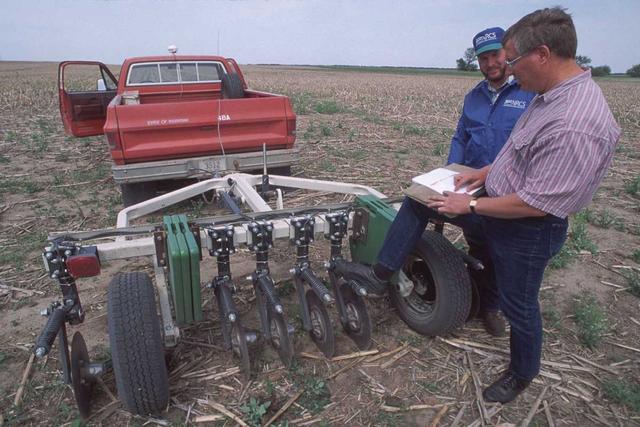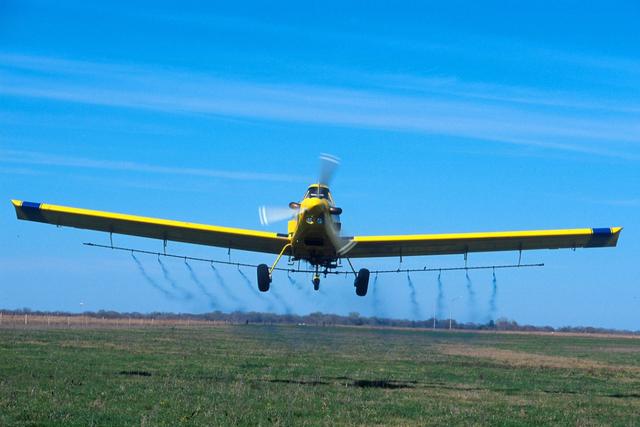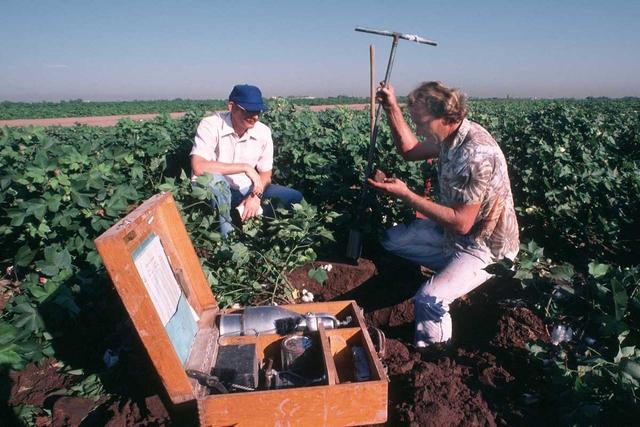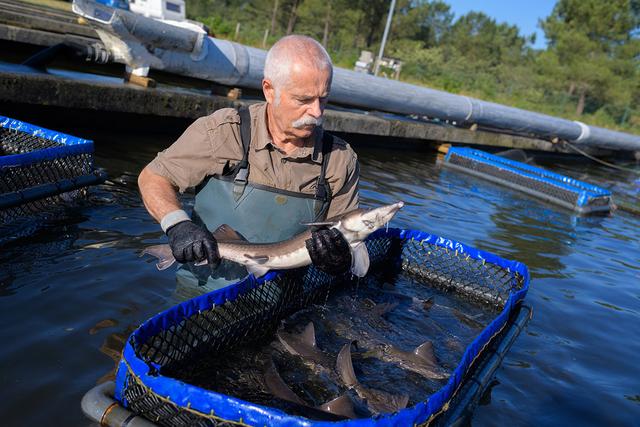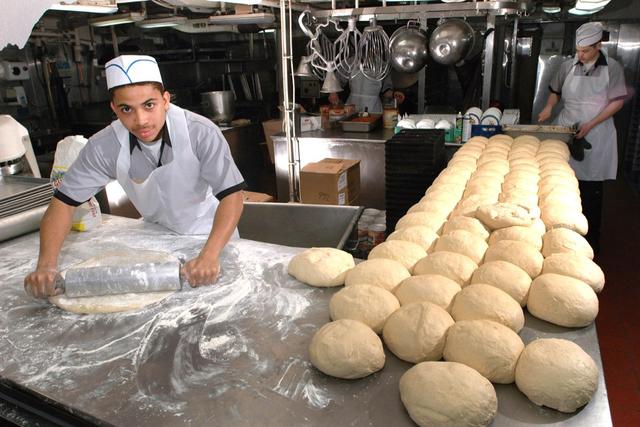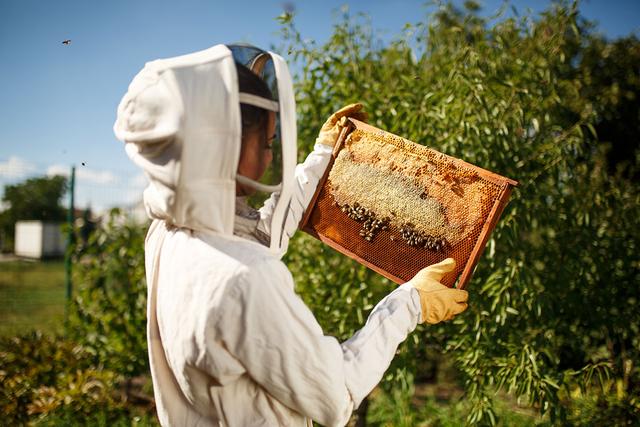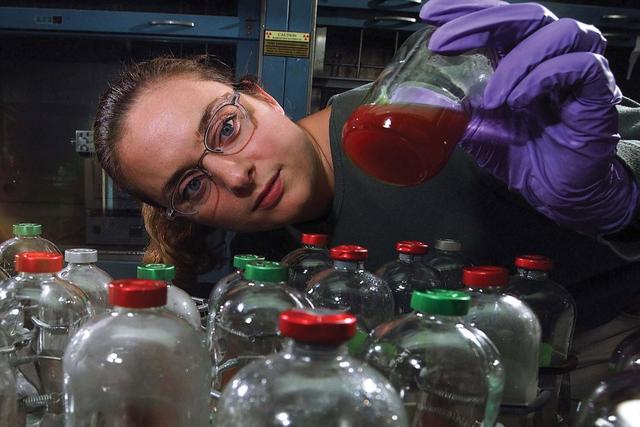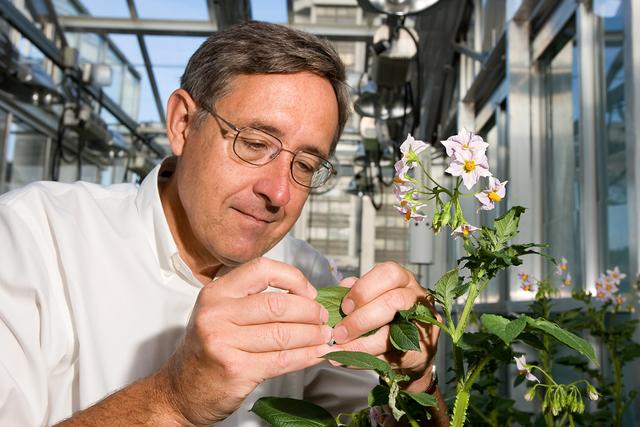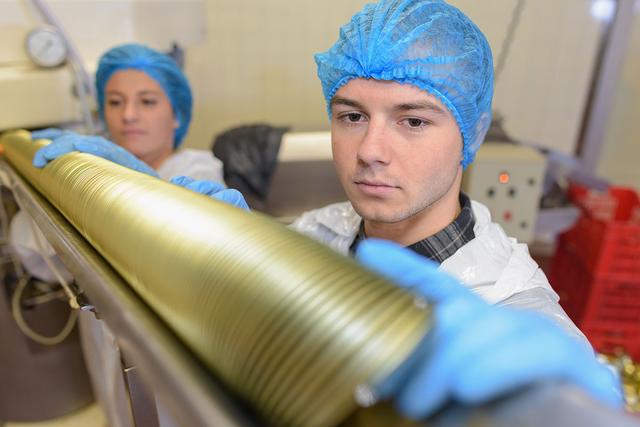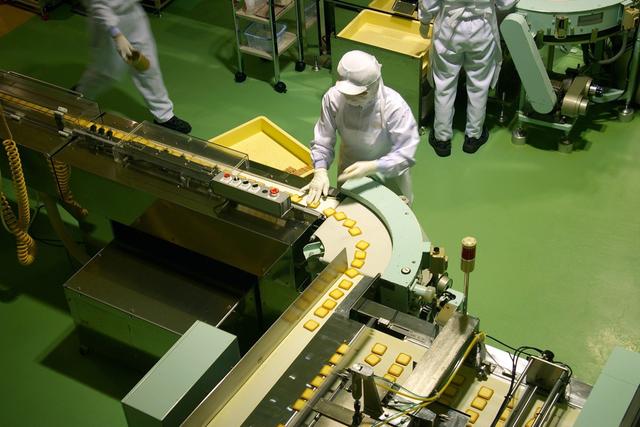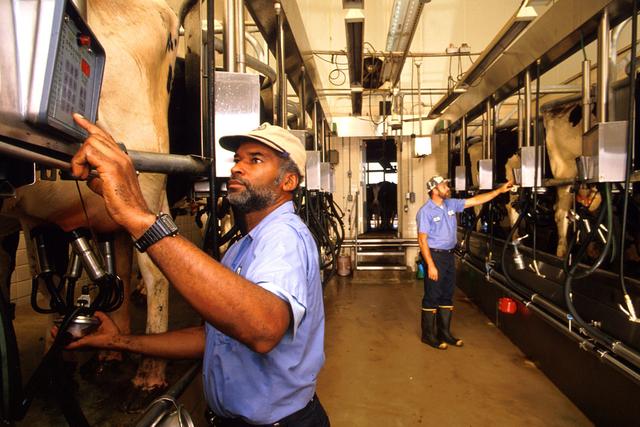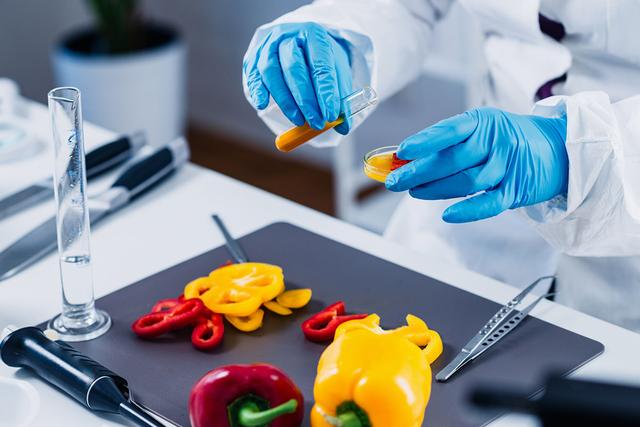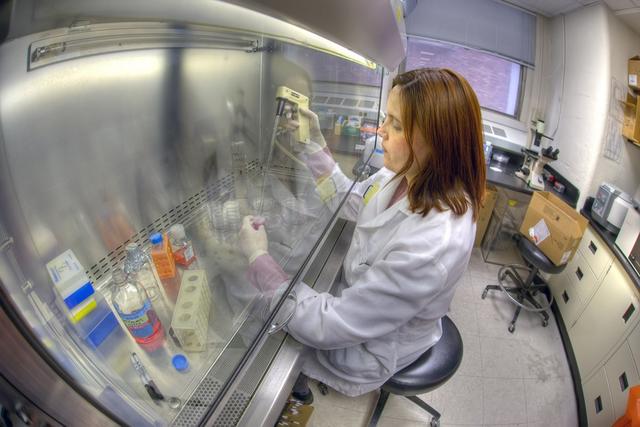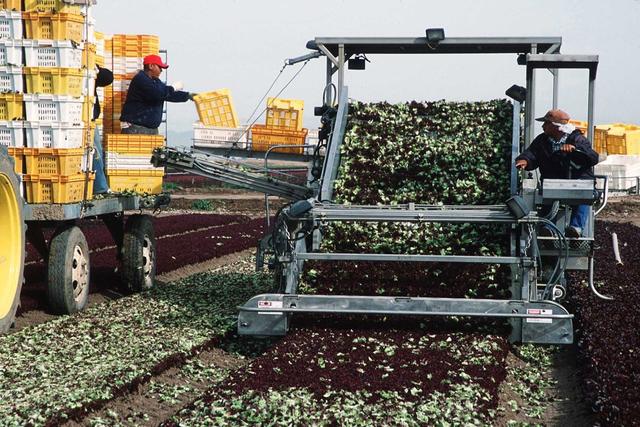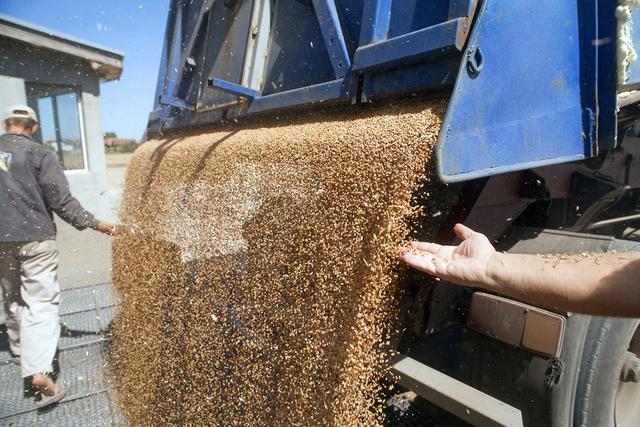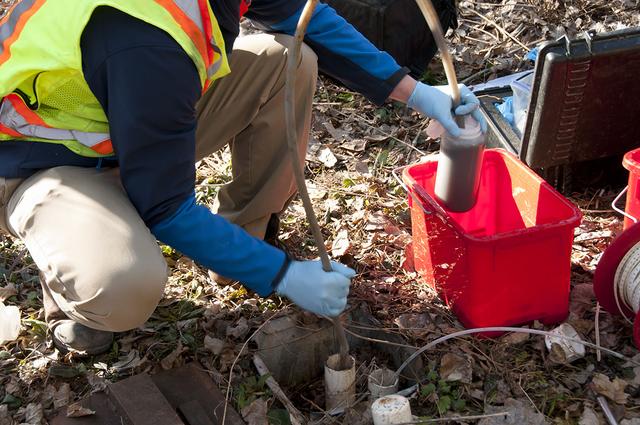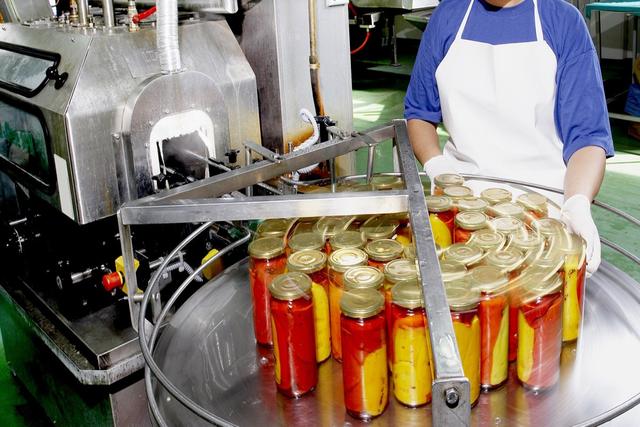Food Technologists
Overview

Introduction
Food technologists, who are sometimes known as food scientists and food and flavor chemists, study the physical, chemical, and biological composition of food. They develop methods for safely processing, preserving, and packaging food and search for ways to improve its flavor and nutritional value. They also conduct tests to ensure that products, from fresh produce to packaged meals, meet industry and government standards. Approximately 14,500 food technologists are employed in the United States.
Quick Facts
Median Salary
Employment Prospects
Minimum Education Level
Experience
Skills
Personality Traits
Earnings
Median annual earnings of food scientists and technologists were $82,090 in May 2023, according to the U.S. Department of Labor. The highest paid workers earned more than $135,430, and the lowest paid earned less than $48,480. Fifty percent of food scientists and technologists earned between $63,980 and $105,640.
Earnings of food technologists also vary by the industry in which they are ...
Work Environment
Most food technologists work in clean, well lit, temperature-controlled offices, laboratories, or classrooms. Technologists in production and quality control who work in processing plants may be subject to machine noise and hot or cold conditions. Seventy-eight percent of food technologists who were surveyed by PayScale.com in 2024 reported that they were "highly satisfied" with their careers.<...
Outlook
Employment for food technologists is expected to grow by 9 percent from 2023 through 2033, according to the U.S. Department of Labor. This is much faster than the average for all careers. The employment outlook varies by industry. For example, job opportunities for food technologists who work for scientific and research development firms are expected to grow by 11 percent, while employment in m...

